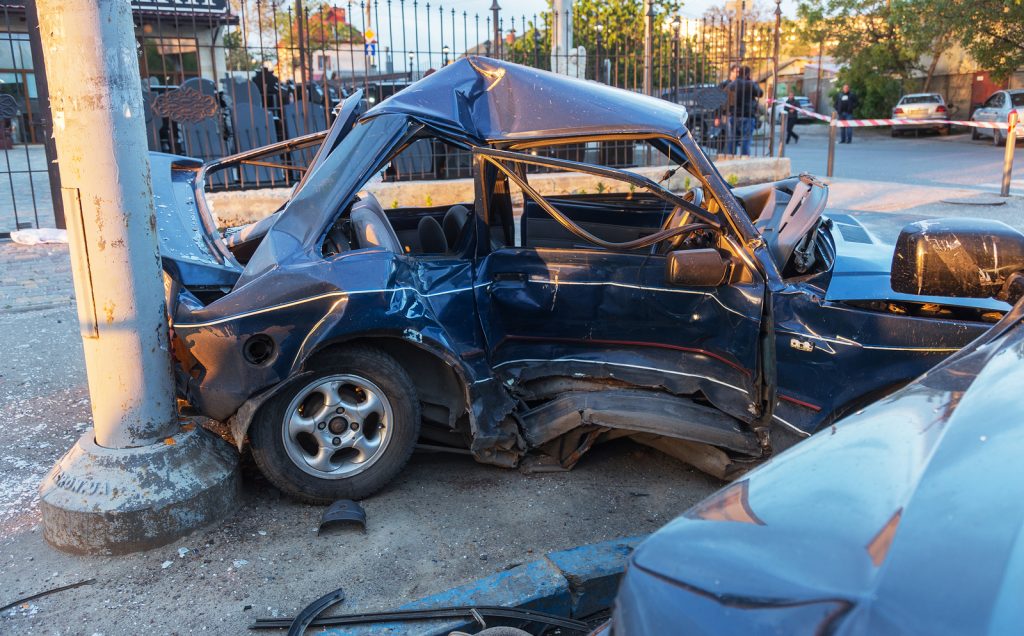Wrongful Death Claims and Compensation for Fatal Injuries
How do you put a price on the loss of a loved one ?
Of course, there is no way to truly place a value on the death of a family memeber due to a fatal injury. Law makers in Canada and the Courts have struggled with the question of how to fairly compensate surviving family members for the loss of a loved one.
United States Different
Many of us have read news reports of cases in the United States where surviving family members have been awarded what seems to be huge sums of money for the death of a family member. Unfortunately, the laws in Canada regarding compensation for fatal injuries are very different, and compensation awards rarely reach the levels seen in American cases.
Background
Each province in Canada has laws governing claims for compensation for fatal injuries or wrongful death. The laws allow a claim to be made by the family members of a deceased person where his or her death was caused by the intentional or negligent act of another person.
Originally claims for compensation were limited to the monetary losses caused by the fatal injury. In other words, the actual out of pocket financial loss resulting from the person’s death. The law did not take into account non-financial losses like the grief and sorrow experienced by family members or the loss of care, guidance and companionship that the deceased family member might have provided had they not passed away.
Currently, every province in Canada has legislation that allows family members to recover some measure of compensation for the loss of care, guidance and companionship of a deceased family member. Each province has its own specific law with specific rules governing which family members are entitled to make a claim, how the claims are to be assessed, and the amount of damages that can be recovered.
For example, in Nova Scotia claims for loss of care, guidance and companionship can only be brought by parents, grandparents, children and spouses (including common law). Siblings (brothers and sisters) are not entitled to file a claim for compensation.
The amount of the compensation that can be recovered in Nova Scotia depends a great deal on the nature of the relationship and the facts of each particular case.
If you are considering filing a claim for compensation for the loss of a loved one it is vitally important that you speak to an experienced personal injury lawyer to make sure that all of the relevant facts and evidence are provided to the court to ensure that you and your family receive full and fair compensation.











